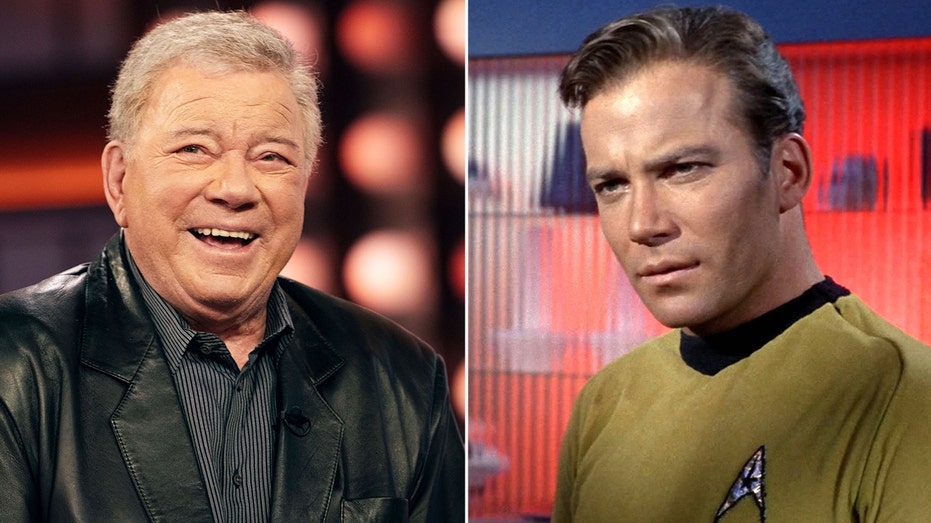In a jaw-dropping confession that has sent shockwaves across the galaxy of fandom, William Shatner, forever immortalized as Captain James T. Kirk, has torn open the airlock on one of Hollywood’s most sacred legends — revealing that the set of Star Trek was far from the utopian dream fans believed it to be.

In his explosive new interview, Shatner paints a picture of chaos behind the stars — jealousy, secret feuds, and near-violent clashes that nearly ended the show before it began. He claims that the on-screen “family” of the U.S.S. Enterprise was fractured by betrayal and ego, with cast members plotting against one another while cameras rolled.

According to Shatner, tensions reached “mutiny level” during the filming of “The Tholian Web.” Crew members allegedly threatened to walk off the set after Shatner demanded dozens of retakes to “perfect” a key scene — a move that left Leonard Nimoy (Spock) fuming. “Leonard didn’t speak to me for weeks,” Shatner admits. “We were supposed to be brothers on screen, but behind the camera, it was war.”
Whispers of secret alliances only deepened the rift. George Takei and Nichelle Nichols reportedly formed a silent pact to push back against what they saw as Shatner’s “tyranny.” Nichols, frustrated by her character’s limited lines, once confronted Shatner in front of the crew, shouting, “You talk about exploring new worlds, Bill — how about exploring equality?” The confrontation was allegedly cut from production logs, buried by studio executives desperate to protect the show’s pristine image.

But the most shocking revelation of all? Shatner hints that a rivalry between Nimoy and himself turned personal, with secret studio memos suggesting one of them nearly quit — or was being pushed out. “Starfleet wasn’t the only thing at war,” Shatner says grimly. “It was us.”
Now, as fans grapple with these revelations, one truth emerges from the darkness: Star Trek’s message of unity may have been born not from peace, but from pain. The iconic voyages of the Enterprise, it seems, were powered not just by imagination — but by human conflict, betrayal, and survival.






